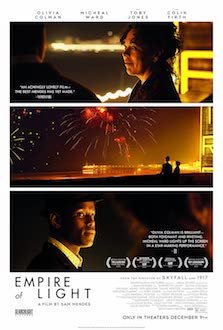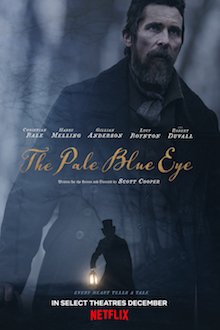Direction: Brandon Cronenberg
Country: USA
Brandon Cronenberg (Possessor, 2020), the son of cult filmmaker David Cronenberg, demonstrates his appetence for horror, sci-fi and unrelieved bedlam in his latest release, Infinity Pool. Alexander Skarsgård (The Diary of a Teenage Girl, 2015) and Mia Goth (Pearl, 2022) star as leads, whereas Cleopatra Coleman and Jalil Lespert join them in supporting roles.
The film, shot in Croatia and Hungary, follows a writer (Skarsgård) suffering from creative blockage and his wife (Coleman), who travel to the fictional coastal country Li Tolqa to spend some relaxing time in an all-inclusive retreat. Their plans become compromised as, after a car accident, they are pushed into a spiral of alcohol, hallucinogenic drugs, and a mix of horrific and libidinous experiences.
Sensorially stirring, the film succeeds mostly in the visual department by combining saturated colors, image overlapping and alluring tonalities to depict inexplicable oddities, both physical and mental. We follow every moment thrillingly but the film is a little too gruesome and scabrous to be likable. Infinity Pool is a dark head-spinner, which, as austere as it is incongruous, comes shrouded in pain, mystery and humiliation. Goth steals the show as a hedonistic actress who doesn’t waste time controlling her whims by slowly distilling horror and pleasure. The finale allows us to shiver and giggle at the same time.








































